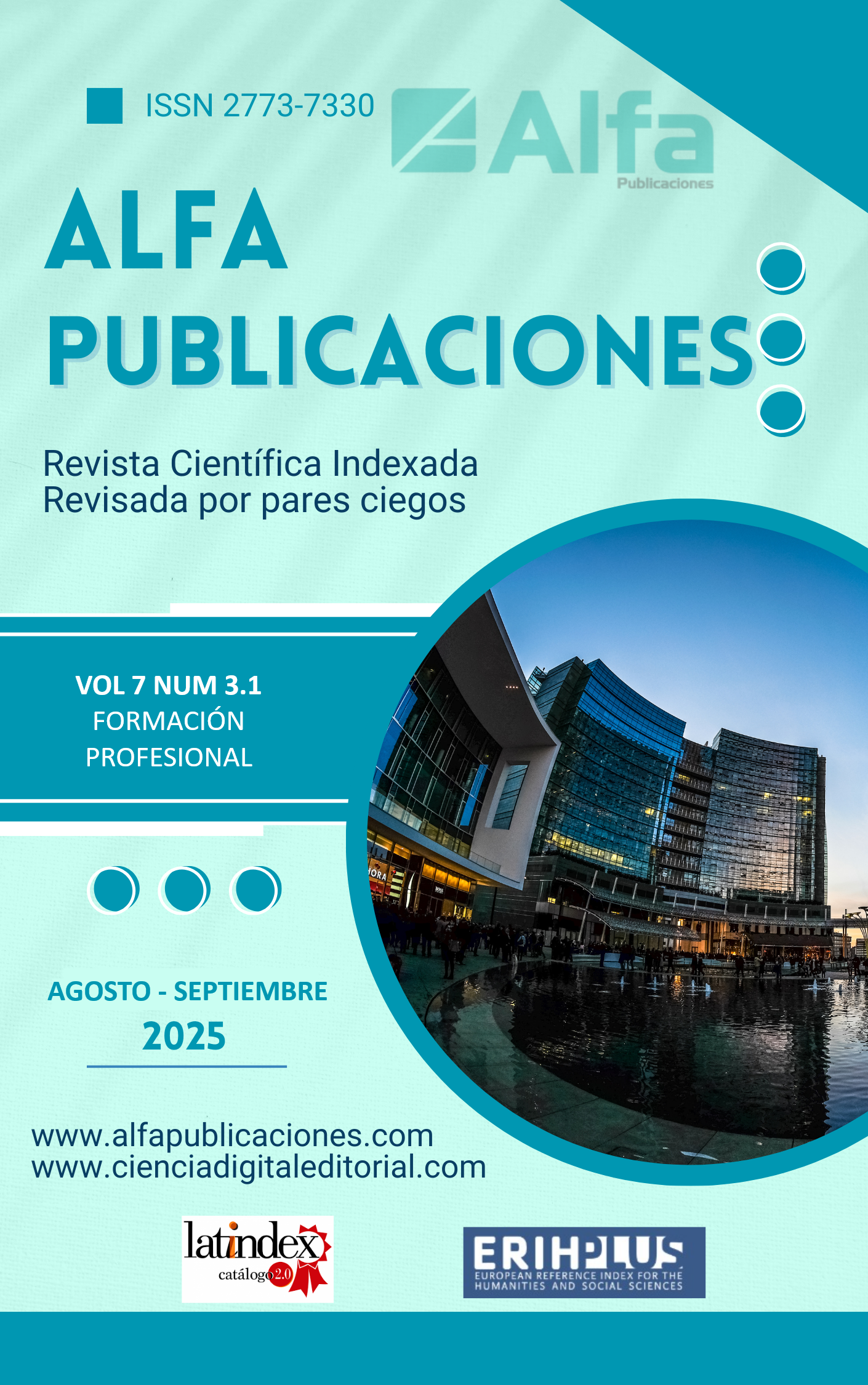Digital Divide: A Comparative Study Mediated by Learning Analytics in Rural Education in Ecuador
Main Article Content
Abstract
Introduction: The digital divide in Ecuadorian rural education represents a persistent challenge and limits equitable access to learning. Objectives: This study aims to compare the use of traditional methodology versus the integration of digital teaching resources, mediated by learning analytics, to contribute to reducing this gap. Methodology: A quantitative methodology was used, applying skills tests in two groups: control (traditional methodology) and experimental (digital intervention). Results: The results show that the experimental group obtained significantly higher means in both skills evaluated (M=7.54 and M=8.54 for the EG, compared to M=5.90 and M=6.90 in the CG), finding statistically significant differences between the groups (p<.001). Conclusions: We conclude that the use of digital resources mediated by learning analytics has a positive impact on skills development, helping to reduce the digital divide in rural contexts. General Area of Study: Education. Specific Area of Study: Educational Technology. Item Type: Original.
Downloads
Article Details
dssfdsf
dsfdsf

